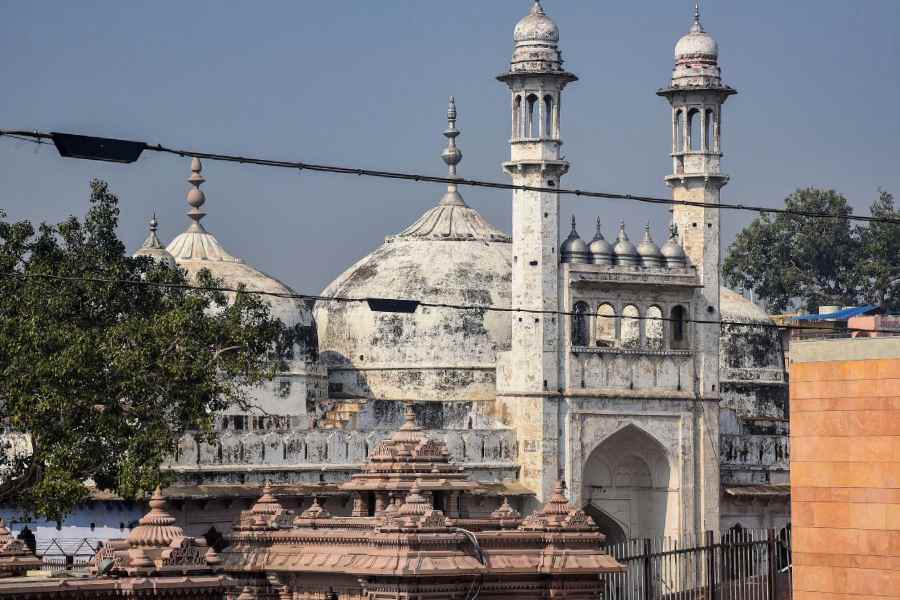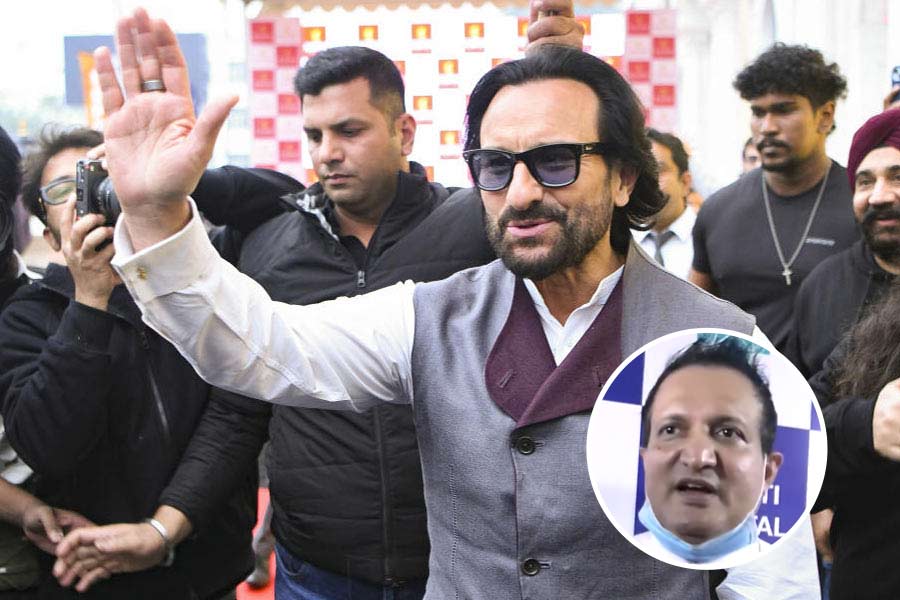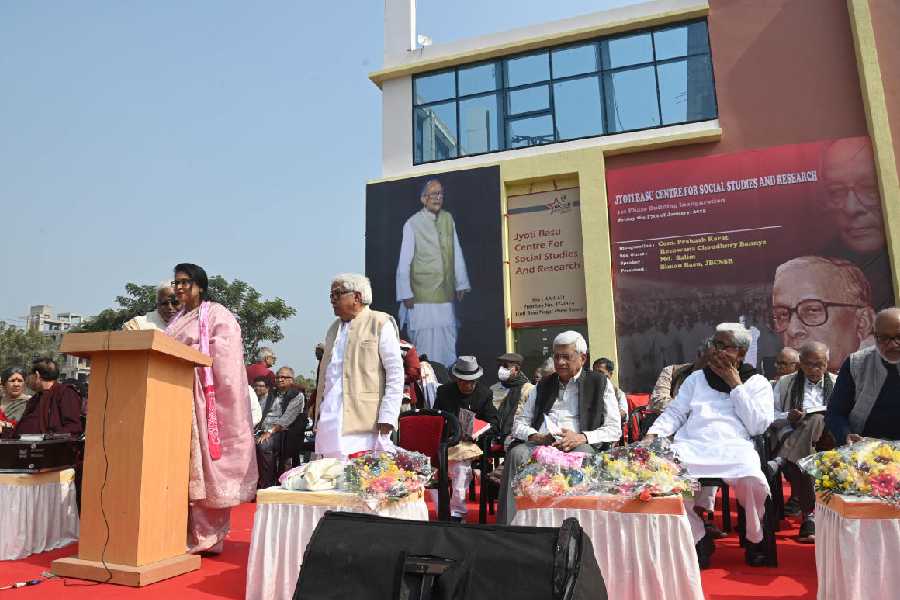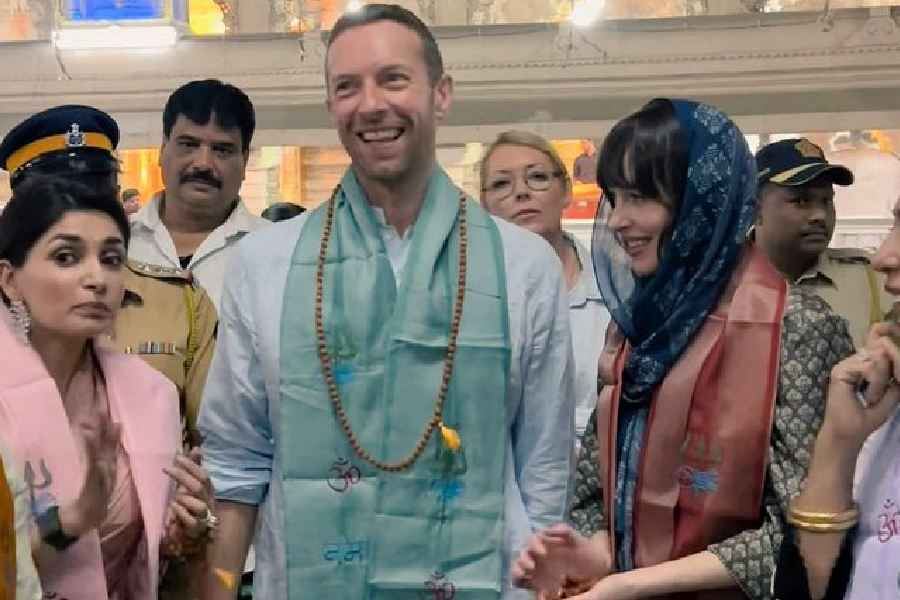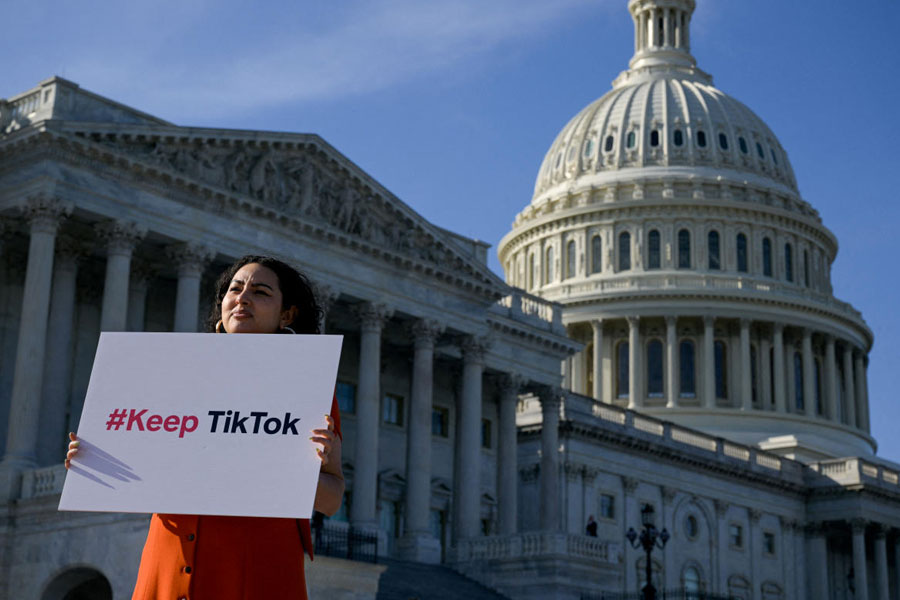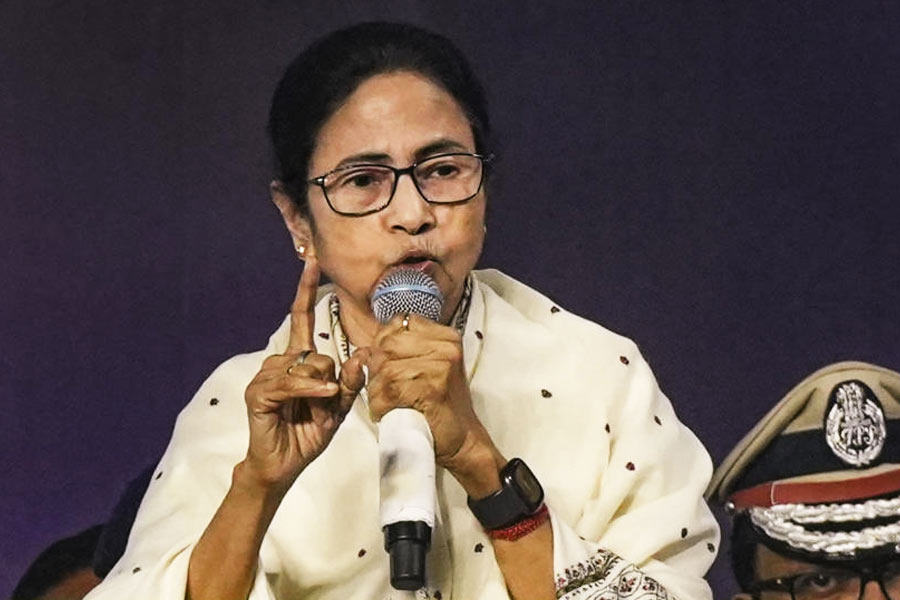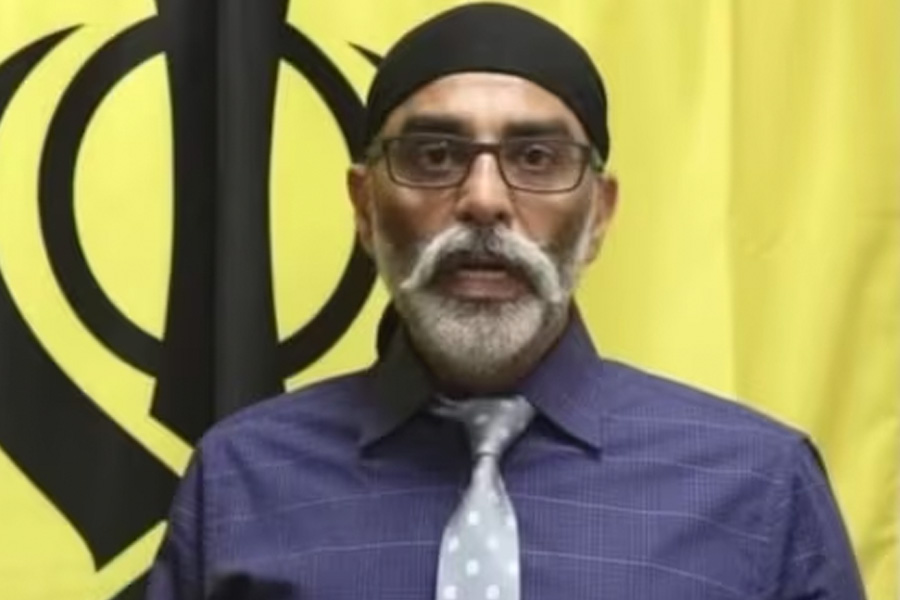The Gyanvapi Masjid management committee has moved the Supreme Court in support of a three-decade-old law that has stood as a bulwark against attempts by the Hindutva family to take over Muslim religious sites on the plea that they were established by demolishing temples.
In an intervention application, the Anjuman Intezamia Masjid Varanasi has sought the dismissal of a batch of petitions moved by Hindu litigants that have challenged the constitutional validity of the Place of Worship (Special Provisions) Act, 1991.
The act, framed by the P.V. Narasimha Rao government at the peak of the Ram temple movement, forbids the conversion of any place of worship barring the Ramjanmabhoomi-Babri site in Ayodhya.
Hindu petitioners have already laid claim to 14 Muslim religious places, and striking down the 1991 act will have the “drastic” consequence of triggering a litany of similar claims, the mosque committee said. The filing of the application was made public on Friday, coinciding with the 32nd anniversary of the Babri Masjid demolition.
Since the Supreme Court in 2019 transferred to Hindus the plot where the Babri mosque stood, multiple court cases have been filed seeking similar handover of other Muslim sites, including the Gyanvapi, which stands beside the Kashi Vishwanath Temple in Varanasi.
A local court-ordered survey in 2022 at the Gyanvapi claimed to have found evidence of a Shivling on the premises, triggering tensions. The case is now in the apex court.
Allahabad High Court ordered a survey of the Shahi Idgah Masjid in Mathura in December last year after Hindu petitioners claimed it stood on Sri Krishna’s birthplace and should be shifted. The apex court stayed the survey in January but allowed the case to continue in the high court.
Section 3 of the 1991 act bars the conversion of any place of worship of any religious denomination or segment of it into a place of worship for a different religious denomination or a different segment of the same religious denomination. Section 4 mandates the preservation of the religious character of a place of worship as it existed on August 15, 1947.
Hindu petitioners led by advocate Ashwini Upadhyay have challenged the 1991 law, arguing that by restricting Hindus’ right to reclaim places of worship that had been forcibly converted to those of another religion, it validates alleged vandalism
by invaders.
In its application, moved through advocate Fuzail Ahmad Ayyubi, the Gyanvapi management has cited the November 24 violence in Sambhal, Uttar Pradesh. Four people were killed when a mob clashed with police during a local court-ordered survey of the town’s Jama Masjid to ascertain whether it was built over a demolished temple.
Striking down the 1991 act “would mean such disputes raising their head in every nook and corner of the country and ultimately obliterat(ing) the rule of law and communal harmony”, the Gyanvapi application says. It adds that 20 suits have been filed in the Gyanvapi dispute alone.
It refers to the five-judge constitution bench ruling in the Babri case that said: “This court cannot entertain claims that stem from the actions of the Mughal rulers against Hindu places of worship in a court of law today. For any person who seeks solace or recourse against the actions of any number of ancient rulers, the law is not the answer.”
The Gyanvapi management’s application adds: “It is submitted that during the debates in both Houses of Parliament, a number of issues were discussed, including the existing disputes at Varanasi and Mathura. It was only after thorough deliberation and debate that Parliament… enacted the 1991 Act as a conscious decision to let the past not haunt the future of the country….”
The All-India Muslim Personal Law Board and the Jamiat Ulema-i-Hind had earlier filed intervention applications opposing the petitions challenging the 1991 Act. Preliminary hearings have been held in the case but no substantive arguments have yet been heard.
Apart from the disputes relating to the Gyanvapi, Shahi Idgah and Sambhal mosque, the Gyanvapi application mentions those involving the Quwwat-ul-Islam Mosque, Qutb Minar, Delhi; Kamal Maula Mosque, Bhojshala Complex, Madhya Pradesh (MP); Bija Manda Mosque, Vidisha, MP; Teeley Wali Masjid, Lucknow; Ajmer Sharif dargah, Rajasthan; Jama Masjid and dargah of Sufi saint Shaikh Salim Chishti at Fatehpur Sikri, Uttar Pradesh (UP); Baba Budangiri dargah, Hosakaoti, Karnataka; Badruddin Shah’s dargah, Baghpat, UP; Atala Masjid, Jaunpur, UP; Pirana dargah, Gujarat; Jama Masjid, Bhopal; Hazrat Shah Ali’s dargah, Telangana; and the Ladle Mashak dargah, Karnataka.
In 2022, a Hindu group moved court saying the 13th-century Jama Masjid Shamsi in Budaun, UP, stood over a destroyed Neelkanth Mahadev temple. It sought a survey but the local court is yet to decide on the plea’s maintainability.
In March, Madhya Pradesh High Court ordered a survey of the Kamal Maula Mosque in Dhar on a petition claiming it stood on the site of a Vagdevi temple. The mosque is located in the Bhojshala archaeological complex which has monuments dating from around the 11th to 15th centuries.
In April, the apex court cautioned the ASI against any excavation as part of the survey. In July, a Jain petitioner approached the high court asking that Jains be allowed to worship there as well.
Recently, a local court issued notices on a petition from a Delhi-based activist claiming that the 13th-century Ajmer Sharif dargah, a shrine to Sufi saint Khwaja Moin-ud-din Chishti, stands over the ruins of a Shiva temple.
As for Baba Budangiri, both Hindus and Muslims worship in these caves. Muslims believe it is the resting place of 11th-century Sufi saint Baba Budan. Hindus worship the deity Dattatreya here. Hindu groups vandalised the dargah in 2017 during a BJP-backed agitation demanding it be declared a Hindu place of worship.

